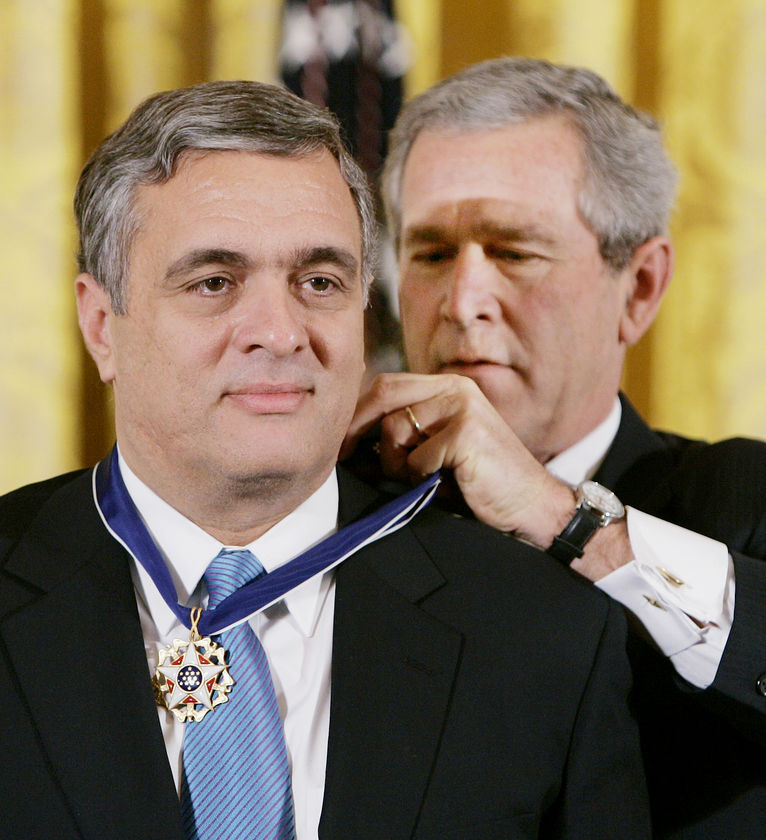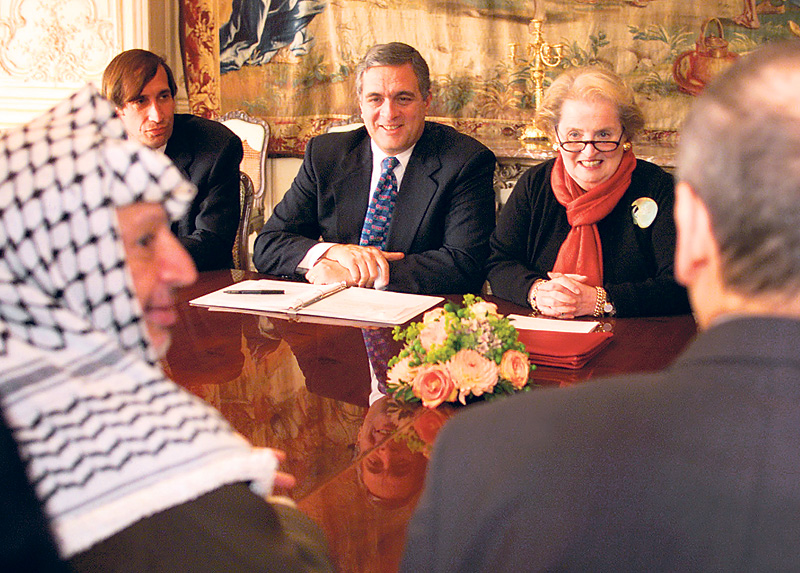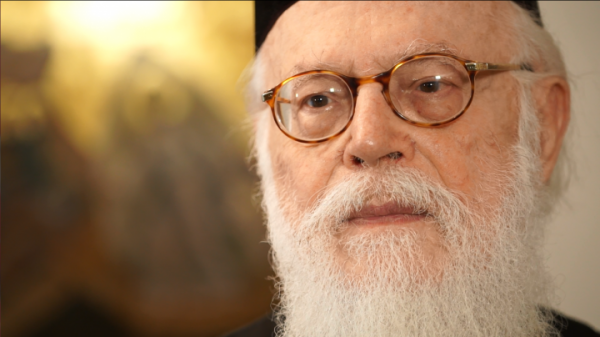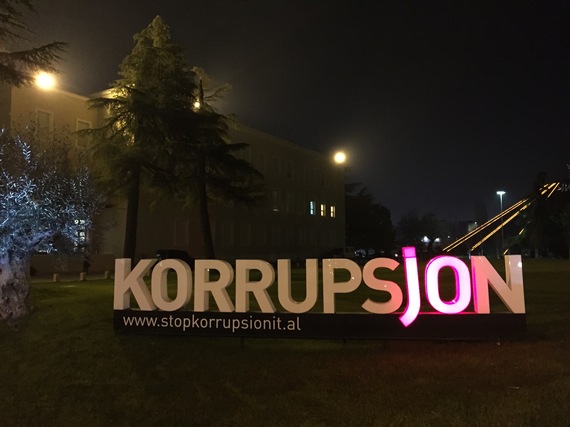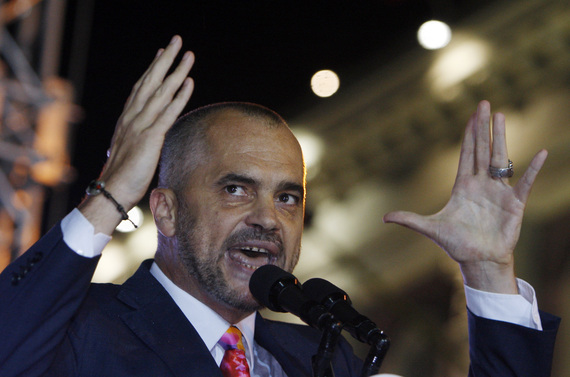The justice reform, approved on July 21st, amends as many as 45 articles of the Albanian Constitution. Citizens, however, still know little about it
Late on July 21st, after 18 months
of negotiations, accusations, and counter-accusations between the
majority and the opposition, the Albanian Parliament passed the law to
reform the judicial system with 140 votes in favour and none against.
This first concrete result in strengthening the rule of law and progress
in the country's European path was reached by mutual agreement and
applauded from all sides. However, in a country where the adoption of
legislation does not always correspond to its implementation, the
political consensus around a decision does not always correspond to a
real desire to undermine the status quo.
Changes in the Constitution
The recently adopted bill, drafted by an ad hoc
commission that was established in November 2014 and gathered until a
few minutes before the final approval, intervenes in depth on the
Albanian Constitution, changing as many as 45 articles.
Before
delving into the intricacies of the amendments, it may be useful to
briefly recall the previous constitutional reforms in the young Albanian
democracy. After a failed referendum in 1994, when 53% of voters
rejected a Constitution project by President Sali Berisha, Albanians
voted "yes" to the constitutional text proposed in October 1998 by the
Socialists of Fatos Nano. Since then, all changes in the Constitution
have been adopted by the Parliament, with no referendum.
In
2007, a political stalemate imposed the revision of the electoral law
and the composition of the Central Election Commission, the main
electoral management body, which made space for two other members from
smaller parties.
More substantial amendments
were made in 2008, decided in early-morning talks between then Premier
Sali Berisha and opposition leader Edi Rama, in spite of criticism by
most independent experts and the hunger strike going on inside the
Parliament by Ilir Meta (leader of the Socialist Movement for
Integration, today President of Parliament). Those changes paved the way
for an electoral law that favoured the two main parties and undermined
the role of the President in favour of the Prime Minister.
At
the time, Rama was preparing for the first political elections as
secretary of the Socialist Party – relying on the success at the
administrative elections, he planned to lead the country in a few
months. But the centre-right coalition gathered a few more votes and
Berisha was able to compose a fragile parliamentary majority thanks to
the four seats of Meta's party, relegating Rama to four years more in
the opposition. Four years later, in 2013, mindful of the number one
lesson of Albanian politics (no government without Meta!), Rama invited
Meta to join the centre-left coalition and finally got the leadership of
the country.
In 2012, constitutional
amendments limited the immunity of deputies, prosecutors, and judges.
The law was passed at the end of October, just in view of the "progress
report" of the European Commission, with the customary international
enthusiasm for this bipartisan result. To date, however, it is difficult
to determine when such measures have allowed or facilitated
investigations or convictions of state officials.
In
general, in recent years, political parties have always managed to
reach an agreement and collect the 2/3 of the parliamentary votes needed
to amend the Constitution. These changes have not, however, helped
mitigate the climate of daily conflict that characterises Albanian
politics, nor to produce organic, efficient laws.
What changes in the judicial system
This
reform and the new Constitution aim to redefine especially the
judiciary and the prosecution system, stop the rampant corruption in the
field of justice, and break the bonds of judges and prosecutors with
politics and crime. Changes to the appointment mechanisms for officials
have virtually monopolised the debate between the majority and the
opposition – the agreement on this delicate point has been reached
through a complicated, almost inscrutable, mechanism.
The
main changes include the establishment of the Supreme Judicial Council
and the Supreme Prosecution Council, two structures located at the apex
of justice and prosecution systems to ensure their efficiency and
independence. A court and a special prosecutor for the fight against
corruption and organised crime, the main weakness of the Albanian state,
will also be established.
Much debate has
been raised by the so-called "vetting" process, the verification of the
credentials of those who apply for the posts envisaged by the new
judicial system. All judges, prosecutors, and senior officials will be
subjected to a detailed examination of credentials – resumè,
professionalism, patrimony, and possible links with crime – by two other
new institutions, the Independent Commission of Qualifications and the
Board of Appeals. Both will be supported by the Monitoring International
Operation, a EU-managed commission with experts in the justice system
of member countries, with at least 15 years of experience.
What
proved divisive a few days before the vote was precisely the role of
the latter. Initially designed to ensure impartiality (certainly not a
foregone conclusion in a climate of absolute mistrust between majority
and opposition), the Operation was also meant to be tasked with
assessing the credentials of the Independent Commissioners of
Qualifications, to ensure the absolute integrity of those who would
evaluate their colleagues. But the opposition saw this as a violation of
the sovereignty of the country, thus denying the necessary votes for
approval. With an intervention in extremis, the EU suggested
that the Operation may have only a monitoring and advisory role, its
opinion not binding. The formula proved attractive and the reform was
passed.
Difficult negotiations and international actors at the forefront
As
with any legislative reform process in the country, Albanian politics
has been torn, unable to or disinterested in finding a common solution.
The agreement was facilitated by the international actors, with the US
and the European Union at the forefront. The whole process was followed
at every stage by assistance missions EURALIUS (Brussels) and Opdat
(Washington), the European Parliament, the Council of Europe through the
Venice Commission, and the diplomatic missions in Tirana.
The
US and EU ambassadors in Tirana personally followed the work of the
committees, held countless meetings with the leaders of the respective
parties, made proposals, and suggested concrete solutions to any
dispute, leaving aside any diplomatic practice. A few days before the
vote, US Ambassador Donald Lu said that the reform was being
intentionally obstructed by "corrupt judges and prosecutors,
politicians, and criminals", threatening "serious consequences" for
Albanian deputies. A text message sent on the day of the vote summoned
the opposition lawmakers to appear the next day at the US Embassy in
Tirana to take vision of the consequences the American state would adopt
towards them in case of voting against the reform.
During the difficult negotiations, the centre-right opposition repeatedly abandoned and boycotted the works of the ad hoc
committee, chaired by the majority, to the point that negotiations,
especially in the final phases, turned into private, informal,
extra-parliamentary tables, in a very non-transparent process, in which
no details and arguments emerged, but only allegations and threats or,
alternatively, a sterile press conference rhetoric. Even the final
proposal on which the parties reached an agreement was put on the table
by the EU a few hours before the vote, asking MPs to vote constitutional
changes that normally should have been discussed and explained to
legislators and the public.
Towards the opening of negotiations with the EU?
In
June 2014, the European Council gave the green light to grant Albania
the status of candidate country for accession to the European Union. To
continue in the path of integration, Brussels encouraged Albania to step
up efforts for the reforms (with emphasis on the rule of law and the
fight against organised crime), urging a constructive dialogue between
majority and opposition and emphasising a systematic approach the
reforms – the well-known mechanism of "track record", intended to
monitor the implementation of legislative measures.
In the aftermath of the vote last July 21st,
in congratulating the country for approval, the international community
insisted on the process of implementation. "It is important that the
reform is implemented immediately, so that Albanian people are served by
a judicial system based on European standards", stressed EU High
Representative for Foreign Policy Federica Mogherini and Commissioner
for Enlargement Johannes Hahn.
The formal
approval of the amendments is indeed only the first step towards
effective reform of the Albanian justice system, notoriously inefficient
and corrupt. The reform process requires the drafting of approximately
40 new laws related to the judicial system, of which only seven are
ready and awaiting approval. With the closing of the parliamentary
session for the first semester, many laws and amendments will slip to
September, unlike the delicate drafting process, which will continue and
will require time and good will.
Before the law
The
numerous appeals for the approval of a judicial reform, by Albanian and
international politicians, often assumed that citizens wanted it. Polls
commissioned by the United States revealed that 91% of the Albanians
was in favour of judicial reform. In the last week before the closure,
several demonstrations urged a vote in favour of the reform – however,
none of the people questioned by journalists from TV Klan on the actual
content of the new constitutional text could answer. The draft law is
undoubtedly difficult to interpret for the public, both for the
technical nature of the provisions and the lack of transparency that
accompanied the process.
In the short story
"Before the Law", Franz Kafka tells the anecdote of a farmer who looks
at the door of the law, open but guarded by a watchman, that denies
access. After years spent waiting in vain, the guardian confessed the
man, now aged and dying, that the door was only there for him and that
he was going to close it. In the parable, the truth, the right of access
to the law, are denied by an incomprehensible ban. It is the law that
validates the lie, that exists to exclude, to keep out the citizens. A
door open and still insurmountable – a law that just exists,
inscrutable, without prescribing anything.
On July 21st,
Albania virtually adopted a new Constitution and is now preparing to
change much of the state's legislative bulk. Albanian citizens have so
far watched the umpteenth reckless struggle between majority and
opposition to snare the right to appoint officials and recorded the
triumphal declarations and smug smiles of all the country's leaders at
the end of vote.
The absolute unanimity
achieved in Parliament is not just consensus and has little to do with
democracy. These are the figures of a regime, the result of
international pressures and signs of a political class that ignores the
will of the people and responds only to intimidation, while the Albanian
citizens remain outside the door of the law, awaiting justice.




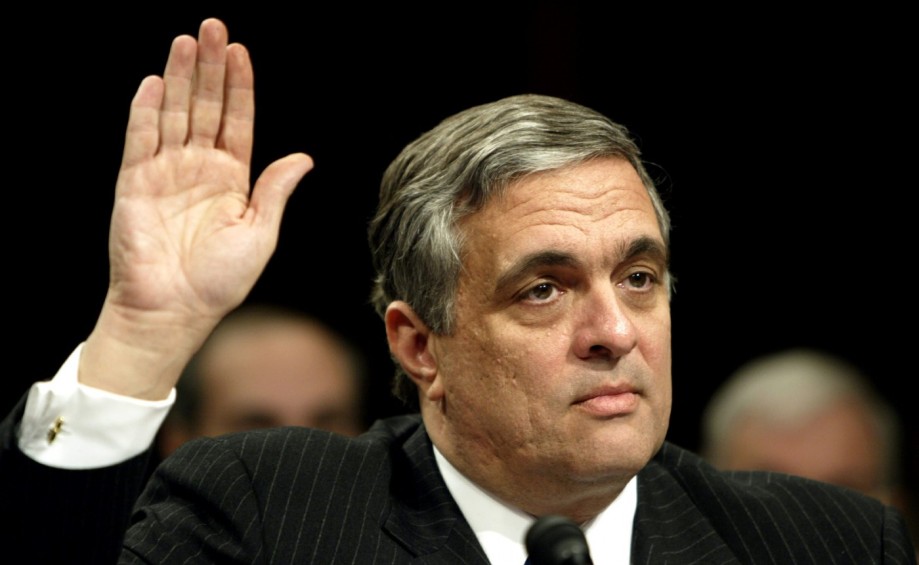
 Ωστόσο,
η αποτυχία των πρακτόρων της να προλάβουν και να αποτρέψουν τις
επιθέσεις της 11ης Σεπτεμβρίου είναι αυτό που θα τον στοιχειώνει για
πάντα, σύμφωνα με πρώην αξιωματούχους και άριστους γνώστες του σκοτεινού
κόσμου των μυστικών υπηρεσιών. Μόνο που αυτά δεν φαίνεται να απασχολούν
πλέον τον ομογενή με καταγωγή από την Χειμάρρα της Βορείου Ηπείρου, ο
οποίος ακολουθεί μια εντελώς διαφορετική πορεία, αυτή του τραπεζίτη. Μια
πορεία όμως που χαρακτηρίζεται από μυστικοπάθεια, αφού η επενδυτική
τράπεζα Allen & Co είναι ίσως το πιο «μυστικό» χρηματοπιστωτικό
ίδρυμα του κόσμου.
Ωστόσο,
η αποτυχία των πρακτόρων της να προλάβουν και να αποτρέψουν τις
επιθέσεις της 11ης Σεπτεμβρίου είναι αυτό που θα τον στοιχειώνει για
πάντα, σύμφωνα με πρώην αξιωματούχους και άριστους γνώστες του σκοτεινού
κόσμου των μυστικών υπηρεσιών. Μόνο που αυτά δεν φαίνεται να απασχολούν
πλέον τον ομογενή με καταγωγή από την Χειμάρρα της Βορείου Ηπείρου, ο
οποίος ακολουθεί μια εντελώς διαφορετική πορεία, αυτή του τραπεζίτη. Μια
πορεία όμως που χαρακτηρίζεται από μυστικοπάθεια, αφού η επενδυτική
τράπεζα Allen & Co είναι ίσως το πιο «μυστικό» χρηματοπιστωτικό
ίδρυμα του κόσμου.